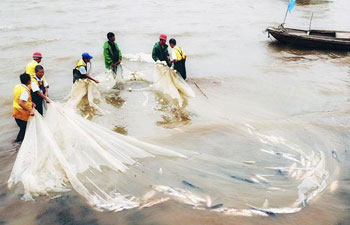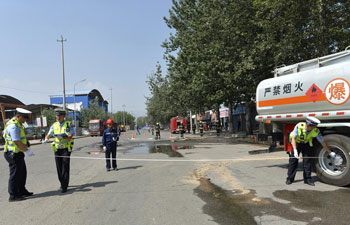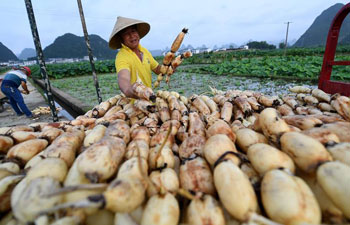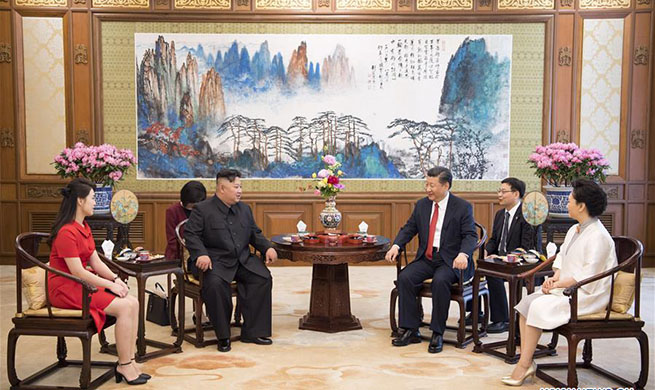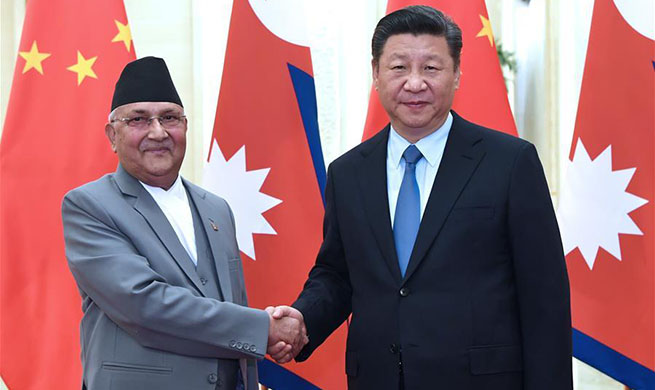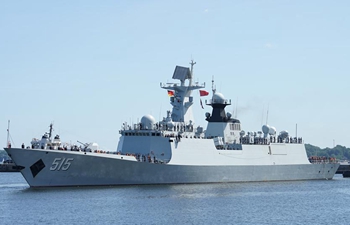BUENOS AIRES, June 20 (Xinhua) -- President of Argentina's central bank (BCRA), Luis Caputo, said Wednesday that the country's exchange market is entering a new stable phase, after a series of measures taken by the institution.
"The market operated calmly yesterday and within a small range. We are entering a new (phase of) exchange rate stability," Caputo told local Radio Mitre.
On Monday, Argentina's central bank announced a series of measures to stop the peso's tumble against the U.S. dollar, after the national currency hit a record low last week.
Under its new President Caputo, the bank announced it will inject 400 million U.S. dollars in cash into the financial market between Monday and Tuesday.
After the announcement, the depreciation of the peso against the dollar slowed down. On Tuesday, it rose by five cents to reach a daily average of 28.46 pesos to the dollar.
On Thursday, the BCRA will begin an offer of 7.5 billion U.S. dollars for the local market. This sum comes from the first tranche of a 50-billion-U.S.-dollar loan to the Argentine government from the International Monetary Fund (IMF).
In recent weeks, there have been concerns among investors, as well as the IMF, about the BCRA's tendency to actively participate in the exchange market.
To ease these concerns, Caputo specified that the BCRA's intervention on the market "is contingent on any anomaly it sees."
The measures taken by the BCRA to lower financial tensions include raising reserve requirements for banks by 5 percentage points.
Other measures call for reducing the level of dollar holdings at banks from 10 percent to 5 percent; strengthening treasury bills by offering investors more flexible conditions; and creating a new mechanism for selling dollars during times of exchange rate volatility.




